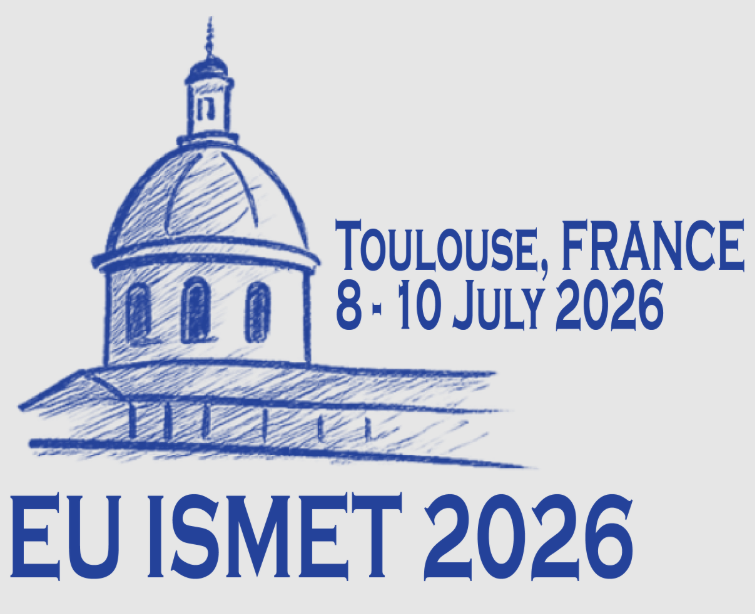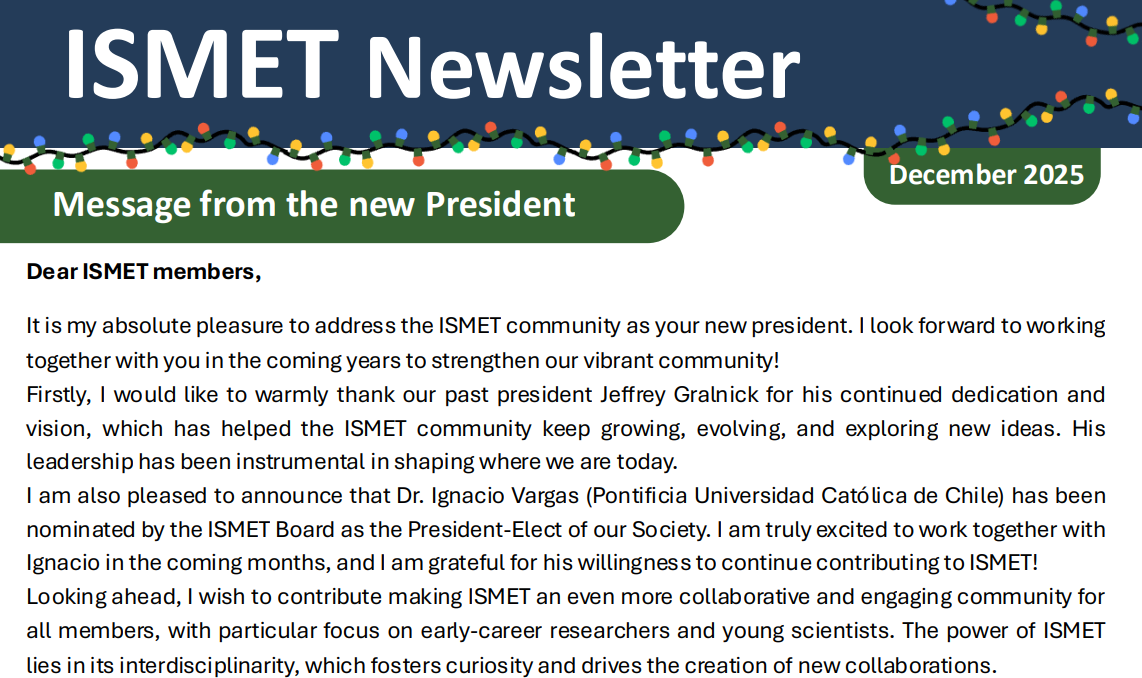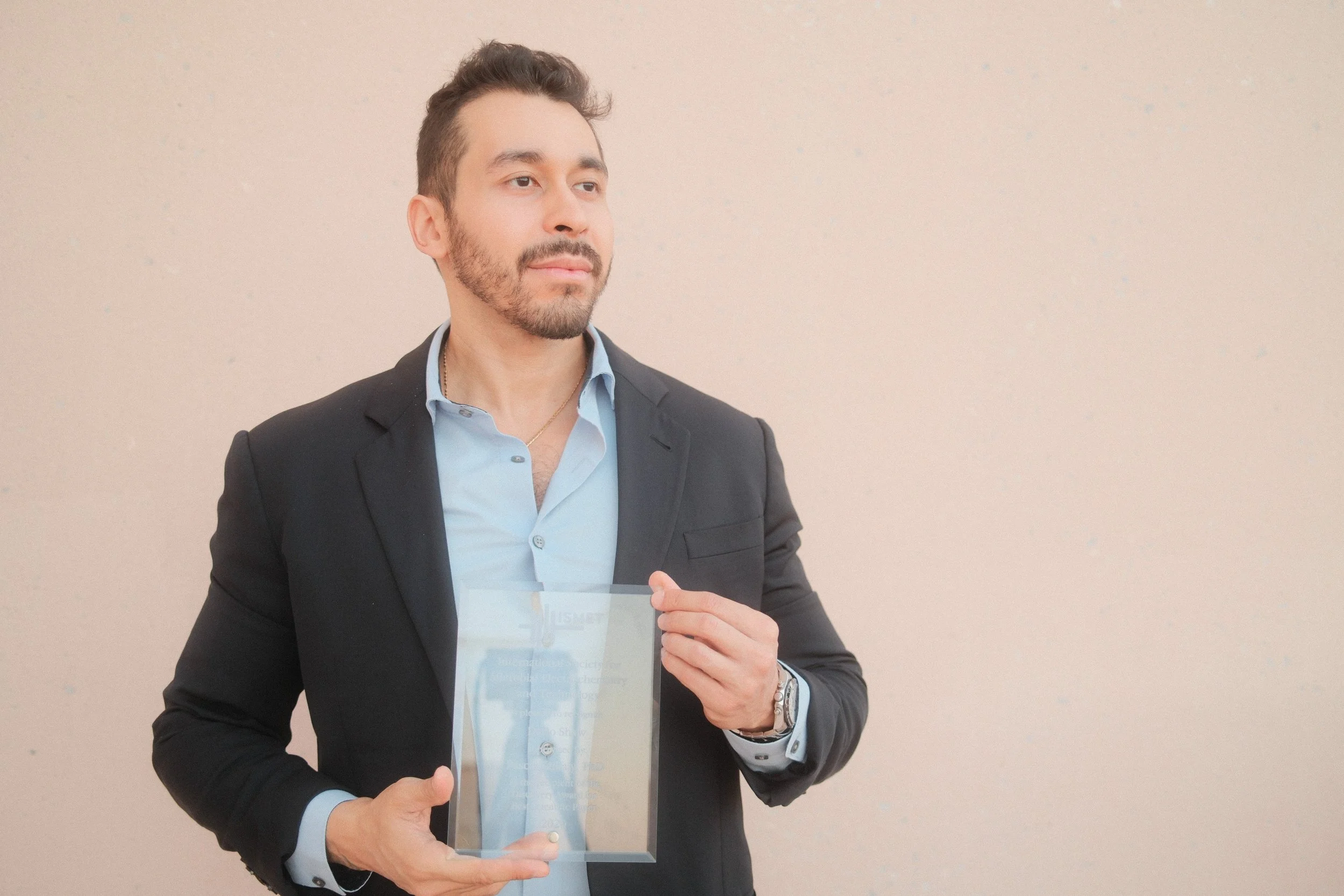Picture by Matteo Tucci
Welcome to the world
of Electric Microbes
Microbes are everywhere, from the bottom of the sea to our own gut. But did you know that a lot of these microbes can generate and use electrical energy?
Meet the electroactive microorganism, which grows on electrodes. They can generate biofuels, work as an environmental sensor, and clean up our wastewater and soils.
Meet the exoelectrogens
EU-ISMET conference
The next EU-ISMET Conference is coming up this summer.
We’re working hard to bring you the best experience — with inspiring keynote talks, engaging scientific discussions and plenty of opportunities to connect with the global microbial electrochemistry community.
And remember — ISMET members enjoy discounted conference fees, along with many other exclusive benefits!
Toulouse
July 8-10, 2026
We are ISMET
We are ISMET
… the international community of researchers
with a passion to apply microbial electricity into sustainable solutions.
With over 300 members from over 50 countries
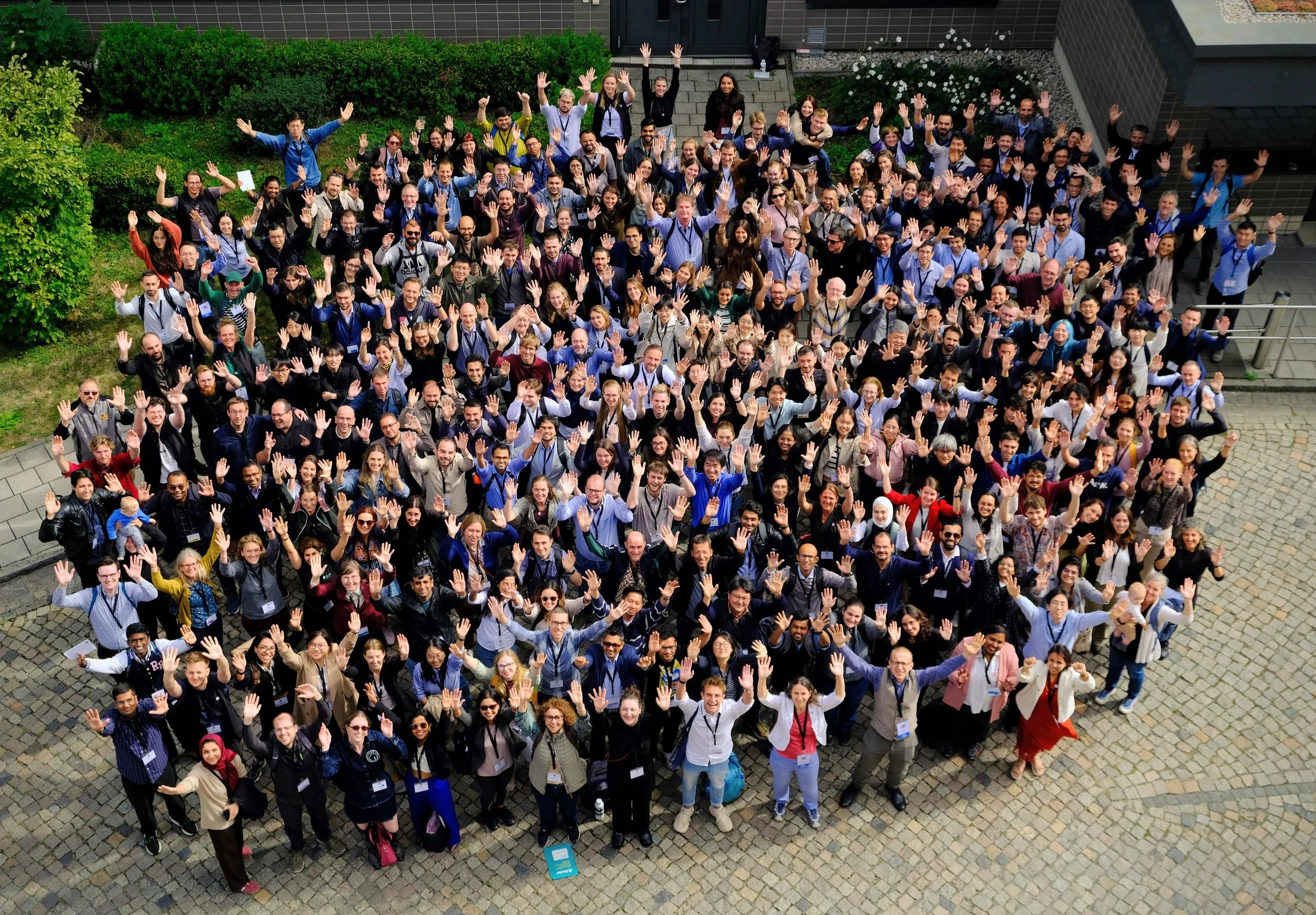
Access ISMET News by becoming a member!
Join the Community!
Become an ISMET member to
get access to exclusive workshop content
get sharp discounts on our conferences
Post job vacancies for the community
…
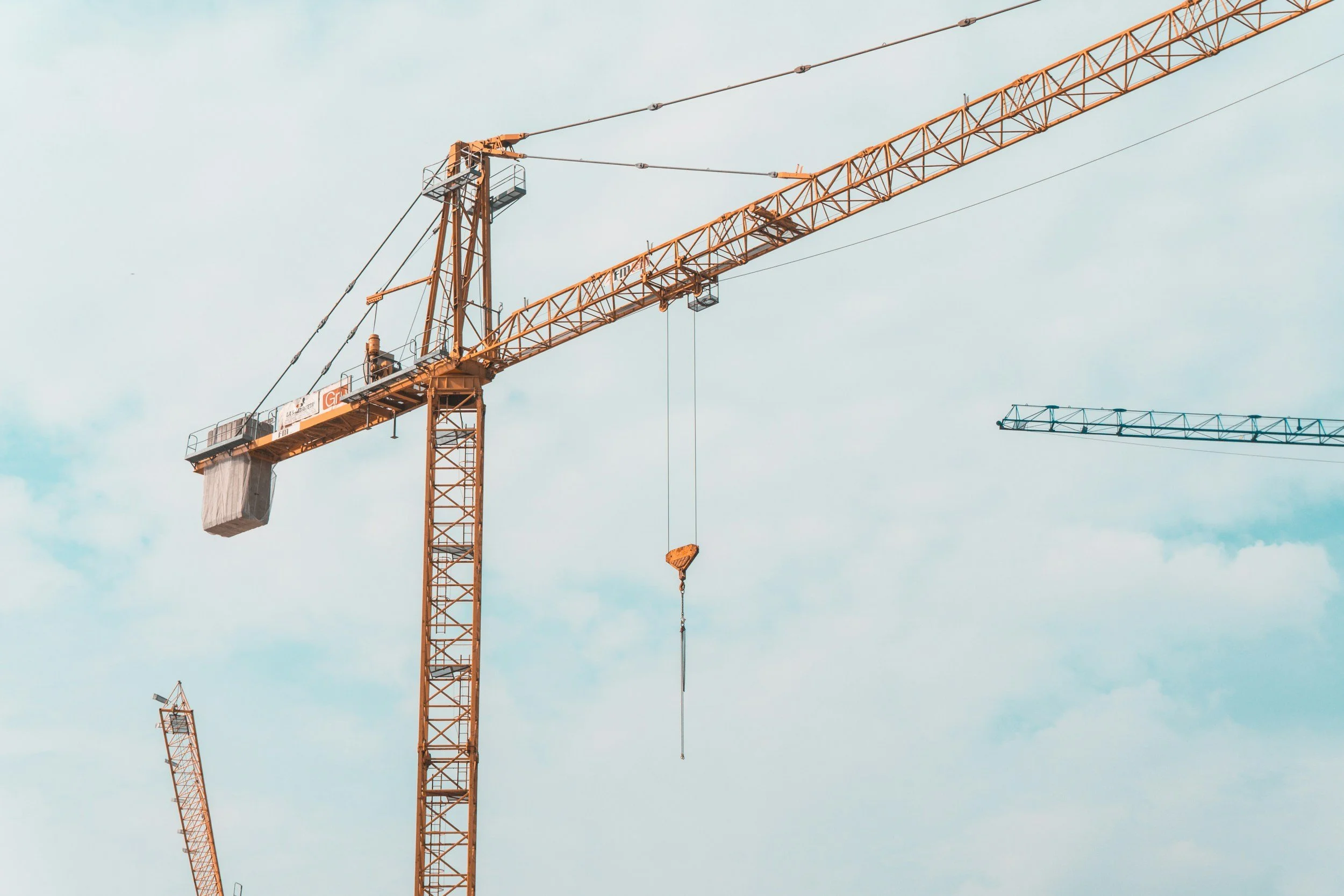
Hey, ISMET member!
Do you have any feedback for us?
This is a new website, and we are still polishing things up.
If you notice something that isn’t working quite right, or if you have ideas to help us improve, we would love to hear from you!
You can contact us here, your feedback helps us make this site better for everyone.




